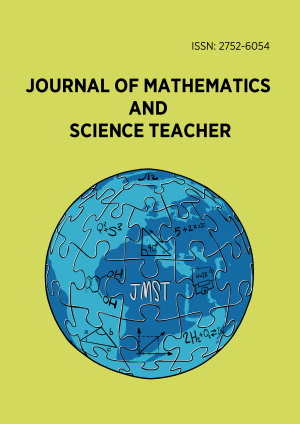Abstract
This article details the design, implementation, and assessment of the newly established national inquiry-based learning (IBL) science curriculum for primary education in Greece, officially enacted in 2024. This curriculum addresses enduring pedagogical difficulties, notably the prevalence of rote memorization and teacher-centered instruction, signifying a substantial movement towards student-centered, experiential learning. The framework is based on known IBL theory and highlights the cultivation of scientific skills, including observation, inquiry, experimentation, and reasoning. An essential unique aspect is the curriculum’s methodical integration of digital tools, interdisciplinary STEM collaboration, and inclusive instructional design that addresses varied learning requirements. The curriculum was collaboratively developed with active educators and underwent a two-year pilot deployment in experimental model primary schools nationwide. Information from teacher diaries, student performance metrics, and classroom observations indicates heightened engagement, enhanced critical thinking, and increased participation, particularly among students with learning challenges or disabilities. These data indicate that the curriculum successfully integrates theory with classroom practice. This curriculum aligns with current trends in science education and incorporates contextually relevant aspects, contributing to national educational reform and the global discourse on IBL in early science education. The study emphasizes the promise of enduring collaboration between teachers and researchers in curriculum innovation and presents a scalable methodology for integrating IBL into primary school systems.
License
This is an open access article distributed under the Creative Commons Attribution License which permits unrestricted use, distribution, and reproduction in any medium, provided the original work is properly cited.
Article Type: Research Article
Journal of Mathematics and Science Teacher, Volume 5, Issue 3, 2025, Article No: em083
https://doi.org/10.29333/mathsciteacher/16846
Publication date: 02 Sep 2025
Article Views: 1060
Article Downloads: 1373
Open Access References How to cite this article
 Full Text (PDF)
Full Text (PDF)